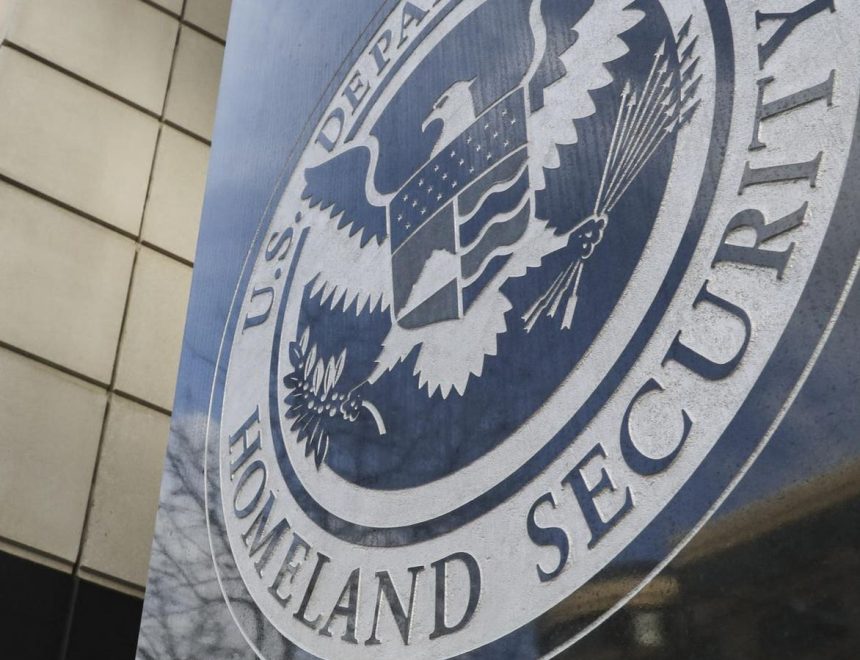The Cybersecurity and Infrastructure Security Agency (CISA) has issued crucial guidance for U.S. officials, following the alarming revelations of Salt Typhoon’s infiltration of U.S. networks. This guidance, while directed at government officials, holds significant relevance for broader cybersecurity practices, emphasizing the importance of robust security measures in an increasingly interconnected and vulnerable digital landscape. The central theme of CISA’s recommendations centers on fortifying communication and authentication practices, addressing the vulnerabilities exploited by advanced threat actors like Salt Typhoon.
The cornerstone of CISA’s advice is the adoption of end-to-end encrypted communication platforms. Specifically, the agency recommends using apps like Signal, prioritizing cross-platform compatibility between iOS and Android devices. This emphasis on end-to-end encryption stems from the inherent insecurity of traditional SMS messaging, which lacks encryption and leaves sensitive information susceptible to interception by malicious actors. This recommendation underscores the critical need to protect communication channels, especially for high-value targets, from sophisticated surveillance and interception techniques.
Further bolstering the authentication process, CISA strongly advocates for the implementation of phishing-resistant multi-factor authentication (MFA). The agency champions FIDO (Fast Identity Online) authentication, which utilizes hardware-based security keys or passkeys. These methods offer a significantly higher level of security compared to SMS-based 2FA, which is vulnerable to interception and SIM-swapping attacks. Hardware-based keys, such as Yubico or Google Titan, are considered the gold standard, but FIDO passkeys provide a viable and more accessible alternative. The shift away from SMS-based 2FA highlights the growing recognition of its vulnerabilities in the face of increasingly sophisticated cyber threats.
CISA explicitly cautions against using SMS for two-factor authentication, citing its lack of encryption and susceptibility to interception. SMS messages, transmitted across telecommunication networks, can be intercepted by threat actors with access to these networks, exposing sensitive authentication codes. While some platforms may use SMS during initial account setup, CISA stresses the need to transition to more secure 2FA methods for ongoing access. This highlights the importance of adopting robust, phishing-resistant authentication methods to mitigate the risks associated with SMS-based 2FA.
Beyond communication and authentication, CISA recommends implementing basic but crucial security measures. These include locking devices, SIM cards, and carrier services like voicemail with PINs. This practice safeguards against unauthorized access and prevents SIM swapping, a technique used by attackers to gain control of a victim’s phone number and subsequently access their accounts. The guidance emphasizes the interconnectedness of various communication elements and the need for comprehensive security measures to protect against a range of attack vectors.
CISA provides specific recommendations for Android and iPhone users, acknowledging the unique security considerations for each platform. For iPhone users, the agency advises enabling Lockdown Mode and iCloud Private Relay, features designed to enhance privacy and security. Android users are encouraged to use safe browsing features, select devices from manufacturers known for robust security updates, and carefully manage app permissions. These platform-specific recommendations underscore the importance of leveraging available security features and staying informed about best practices for respective operating systems.
The shift away from SMS-based 2FA is gaining momentum, with the increasing adoption of passkeys and advanced password management tools. Microsoft’s push to eliminate passwords altogether reflects this broader trend towards more secure authentication methods. Authenticator apps and integrated password management features, such as Apple’s Passwords app, offer user-friendly alternatives to SMS-based 2FA, enhancing security without compromising convenience. This evolving landscape of authentication reflects the ongoing effort to mitigate the vulnerabilities of traditional password-based systems and adopt more robust security practices.



